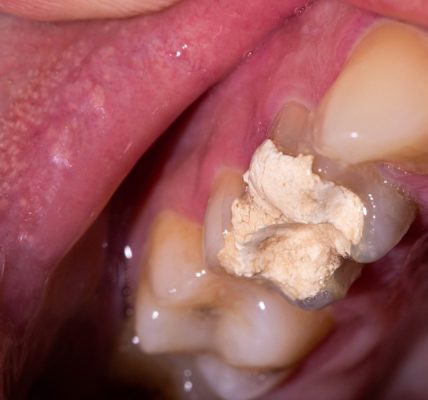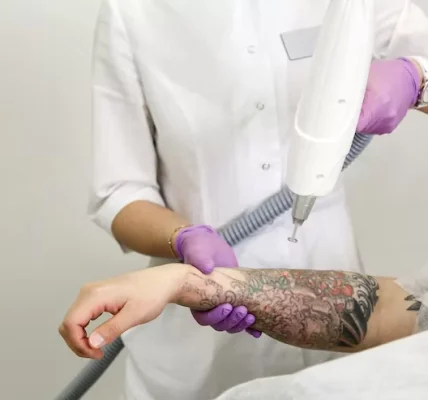Introduction:
In the shadow of contemporary health issues in the UK, eating disorders represent an insidious, often overlooked crisis. These complex conditions, influencing both mental and physical health, significantly impact countless individuals, transcending age, gender, and socio-economic boundaries.
This article seeks to highlight the prevalence of various eating disorders among men and women in the UK, explore the compounding role of social media, and shed light on the spectrum of treatments available, encompassing services offered by specialist private clinics.
Prevalence of Eating Disorders:
Eating disorders, including anorexia nervosa, bulimia nervosa, and binge eating disorder, manifest uniquely in individuals but are united by a distorted body image and severe disturbances in eating behaviours. While historically associated predominantly with young women, these disorders do not discriminate, with a rising prevalence among men.
In the UK, recent statistics reveal that approximately 1.25 million people are grappling with these life-threatening illnesses, and notably, an estimated 25% of those affected are male. The recognition of these conditions in men is often hampered by societal stigma, leading to under-diagnosis and under-reporting, thereby masking the true extent of the issue.
The Impact of Social Media:
The digital age has ushered in a new era of connectivity, with social media platforms occupying a central role in daily life. However, these platforms often double as a breeding ground for unrealistic body standards, perpetuated by incessant streams of edited and idealised human images.
For many, these platforms exacerbate pre-existing insecurities, fostering an environment for eating disorders to thrive. A study by the Royal Society for Public Health (RSPH) reported that Instagram, where personal images take centre stage, received the worst scores for body image and anxiety. The “compare and despair” attitude, fostered by heavily curated content, is particularly dangerous for the young population, leading to obsessive behaviour around food, exercise, and body image.
Available Treatments:
Acknowledging an eating disorder is a courageous first step, and finding the right treatment is paramount. The UK offers various resources, from public NHS services to private clinics specialising in holistic and patient-centred care.
Public Healthcare Services: Treatment typically commences with a GP consultation, followed by referrals to specialist eating disorder services. The NHS provides comprehensive treatment programs, including psychological therapy, monitored weight gain or loss programs, and sometimes medication.
Private Care: For those seeking more immediate, personalised treatment, private clinics offer an alternative with a number of them specialising in private treatment for eating disorders.
These institutions provide an encompassing approach to treatment, from inpatient to outpatient and day patient programs. The advantage lies in tailored care, with multidisciplinary teams including dietitians, psychiatrists, and therapists. Specialist clinics often offer cutting-edge treatment modalities, such as Cognitive Behavioural Therapy (CBT), Dialectical Behaviour Therapy (DBT), and family therapy, recognising the need for a supportive environment in recovery.
Support Groups and Charities: Organisations such as BEAT provide incredible support networks, online resources, and helplines for individuals struggling with eating disorders. They also offer guidance for families to support their loved ones through recovery.
Conclusion:
Eating disorders in the UK represent a silent epidemic, growing in severity due to the pressures magnified by social media. As these conditions continue to affect an increasing number of men and women, understanding and addressing the societal factors contributing to their prevalence is as crucial as expanding and diversifying treatment options. It’s imperative to continue the conversation around eating disorders, eroding the stigma, and advocating for robust support systems, ensuring those afflicted can readily access the help they desperately need. Whether through public health services or private clinics, the path to recovery must be compassionate, comprehensive, and above all, accessible.









